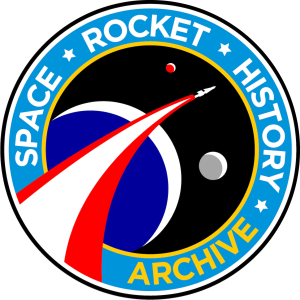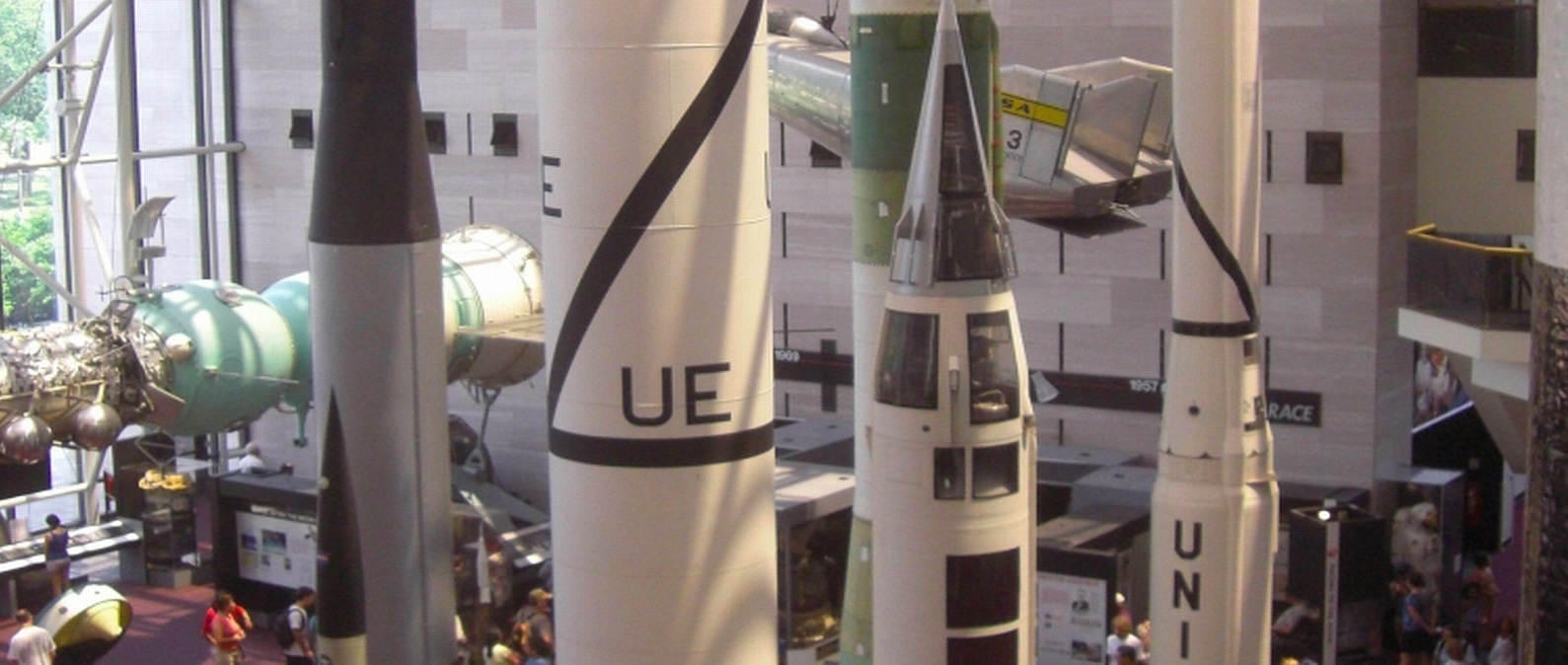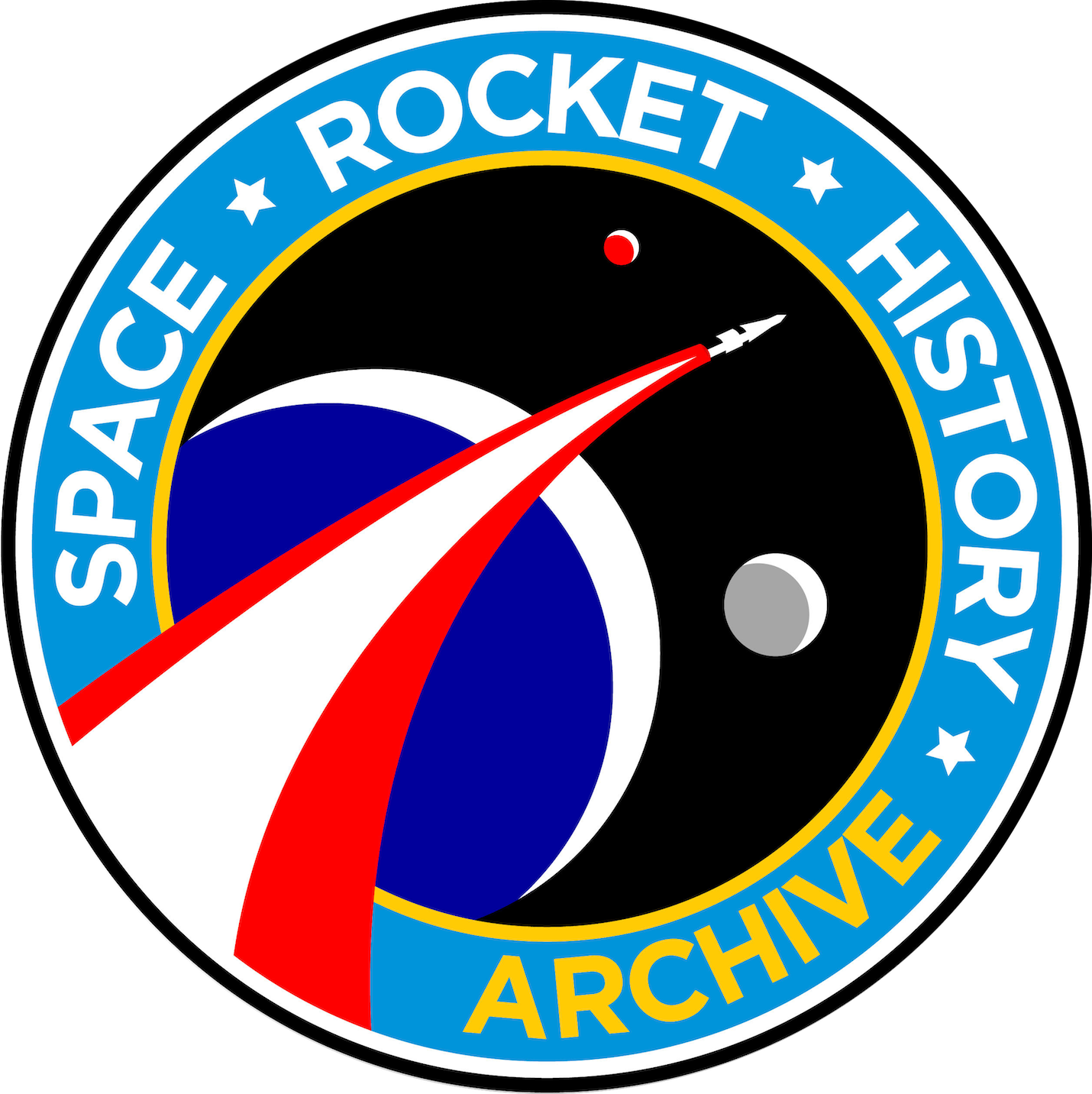Episodes

Tuesday Jun 04, 2019
Space Rocket History #134 – Apollo 1: Plugs Out – Part 2 – The Price of Progress
Tuesday Jun 04, 2019
Tuesday Jun 04, 2019
When Deke Slayton and Stu Roosa arrived at pad 34 they saw ambulances waiting in vain at the base of the launch tower. They boarded the small elevator and rode to level A-8, 218 feet up, and headed across the swing arm to the clean room…

Sunday Jun 02, 2019
Space Rocket History #133 – Apollo 1: Plugs Out – Part 1 – The Fire
Sunday Jun 02, 2019
Sunday Jun 02, 2019
The “Plugs Out” test scheduled for Jan 27, 1967 was not the first time that spacecraft 12 had been put through a simulated run with people on board…

Sunday Jun 02, 2019
Space Rocket History #132 – Apollo 1: Astronauts – Part 2 – Chaffee
Sunday Jun 02, 2019
Sunday Jun 02, 2019
“On my honor I will do my best, To do my duty to God and my country and to obey the Scout Law; To help other people at all times; To keep myself physically strong, mentally awake, and morally straight.” The Boy Scout Oath.

Wednesday May 08, 2019
Space Rocket History #131 – Apollo 1: Astronauts – Part 1- Grissom & White
Wednesday May 08, 2019
Wednesday May 08, 2019
“So the reason I took those symbols was that I think this was the most important thing I had going for me, and I felt that while I couldn’t take one for every religion in the country, I could take the three I was most familiar with.” Ed. White

Wednesday May 08, 2019
Space Rocket History #130 – Apollo 1: Preparation
Wednesday May 08, 2019
Wednesday May 08, 2019
While flight-preparation crews were having problems, Grissom, White, and Chaffee were finding bottlenecks in training activities. The chief problem was keeping the Apollo mission simulator current with changes being made in spacecraft 012.

Wednesday May 08, 2019
Wednesday May 08, 2019
As Procedures Officer, Kranz was put in charge of integrating Mercury Control with the Launch Control Team at Cape Canaveral, Florida, writing the “Go/NoGo” procedures that allowed missions to continue as planned or be aborted, along with serving as a sort of switchboard operator using teletype between the control center at Cape Canaveral and the agency’s fourteen tracking stations and two tracking ships located across the globe.

Wednesday May 08, 2019
Space Rocket History #128 – Apollo Mission Control: Christopher Columbus Kraft – Part 2
Wednesday May 08, 2019
Wednesday May 08, 2019
At the beginning of the Apollo program, Kraft retired as a flight director to concentrate on management and mission planning. In 1972, he became director of the Manned Spacecraft Center, following the path of his mentor Robert Gilruth.

Monday May 06, 2019
Monday May 06, 2019
Christopher Columbus Kraft Jr. was Born on February 28, 1924 in a town that no longer exist, Phoebus, Virginia. The town has now been engulfed by Hampton, Virginia. Kraft was named after his father, Christopher Columbus Kraft, who was born in New York City in 1892 near Columbus Circle at 8th ave. and 59th street.

Thursday Apr 04, 2019
Space Rocket History #126 – Apollo-Saturn IB: AS-201, AS-202, and AS-203
Thursday Apr 04, 2019
Thursday Apr 04, 2019
Apollo Saturn 201 employed the Saturn IB launch vehicle, which was the up-rated version of the Saturn I rocket flown in ten earlier Saturn-Apollo missions. It featured an upgrade of the first stage engines to increase thrust from 1,500,000 lb-ft of thrust to 1,600,000 lb-ft. The second stage was the S-IVB. This stage used a new liquid hydrogen-burning J-2 engine which would also be used on the S-II second stage of the Saturn V lunar launch vehicle…

Thursday Apr 04, 2019
Space Rocket History #125 – Apollo: Astronaut Selection and Training – Part 3
Thursday Apr 04, 2019
Thursday Apr 04, 2019
“Some of those guys came in figuring, “I’ll write my textbooks and my thesis and teach [university courses] and I’ll come by twice a week and be an astronaut.” Well, that didn’t work …. We were devoting our lives to this whole thing, and you couldn’t devote anything less, I don’t care what your discipline was.”

